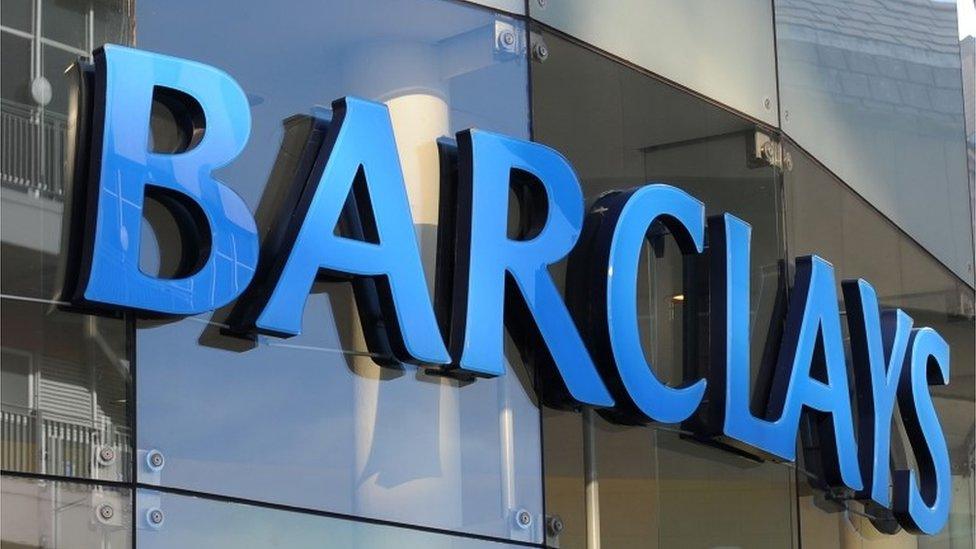RBS reports £968m loss after government payment
- Published
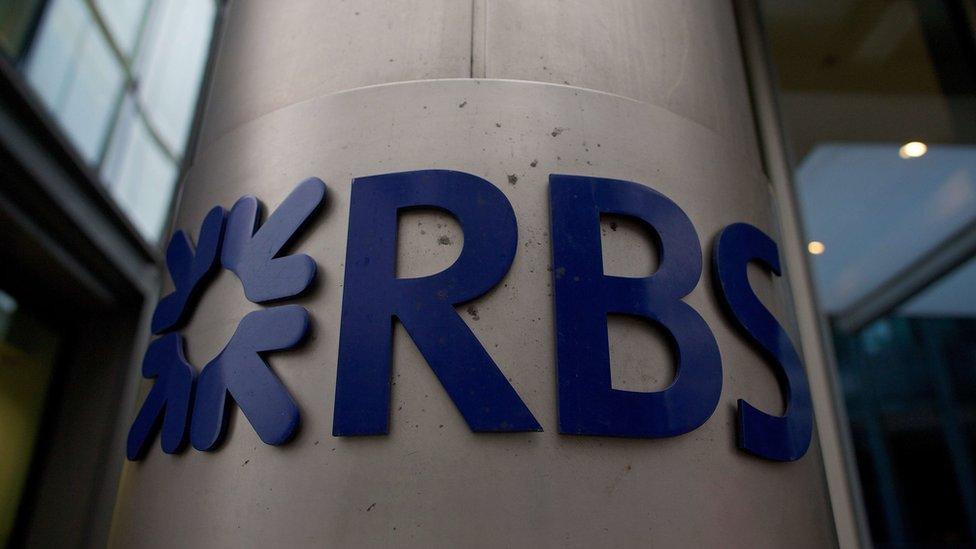
Royal Bank of Scotland has reported a £968m loss for the first three months of 2016 - more than double the loss in the same period last year.
RBS said, external a one-off dividend payment of £1.2bn to the UK government dragged down an otherwise profitable period.
Operating profits rose to £421m for the quarter, up from just £37m in 2015, but total revenue fell 13% to £3.06bn.
RBS is still 73% owned by taxpayers after its government bailout during the financial crisis.
The bank said that excluding the one-off payment to the government, which will allow RBS to resume paying dividends to private shareholders in due course, it would have posted a profit of £225m.
It said last month that dividend payments were not expected to resume for at least a year. The bank shares were trading down almost one percent on Friday morning at 243p per share.
Ross McEwan, chief executive, said: "This bank has great brands and great market positions and piece-by-piece we are building a solidly performing, profitable bank doing great things for customers and returning value for shareholders."
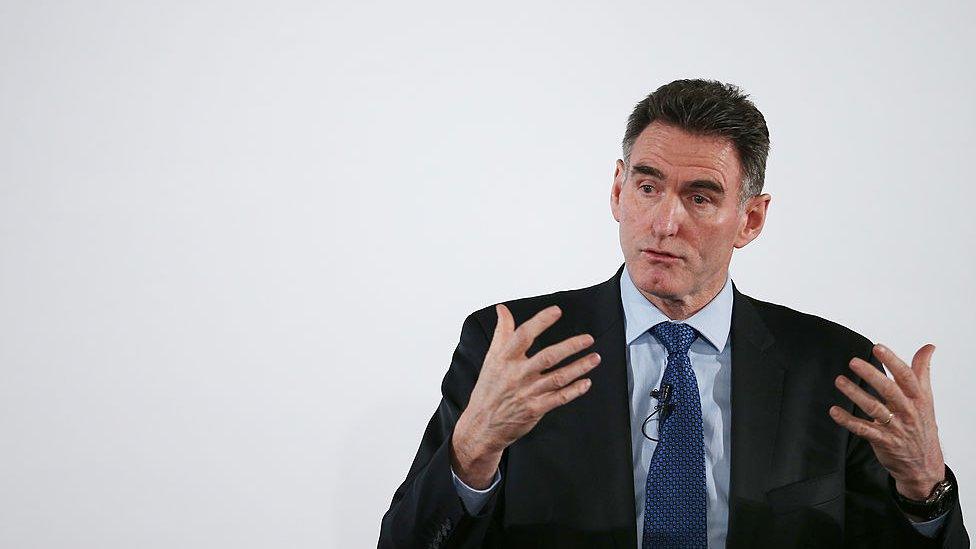
RBS chief executive Ross McEwan said the results showed the "strength and resilience" of the bank
Spin-off stalls
On Thursday, RBS said that spinning off its subsidiary Williams & Glyn, as demanded by the EU, was taking longer than expected.
Continuing efforts to restructure the business - including the Williams & Glyn separation - cost the bank £238m.
"Unfortunately the 'to do' list at RBS continues to grow," said Richard Hunter, head of research at Wilson King Investment Management, with the delays and costs associated with divesting Williams & Glyn "the latest fly in the ointment".
But day-to-day expense control provided a bright spot for the bank, as it tried to cut operating expenses by £800m a year by the end of 2016. So far this year, they are £189m lower.
RBS said there had been strong growth in both its mortgage and commercial businesses in the quarter.
However, challenging market conditions that have affected traders across the banking sector were a drag on revenues.
There were also sales of assets, such as Coutts private bank subsidiaries in Asia, the Middle East and Russia, that brought in less than had been expected.
- Published22 March 2016
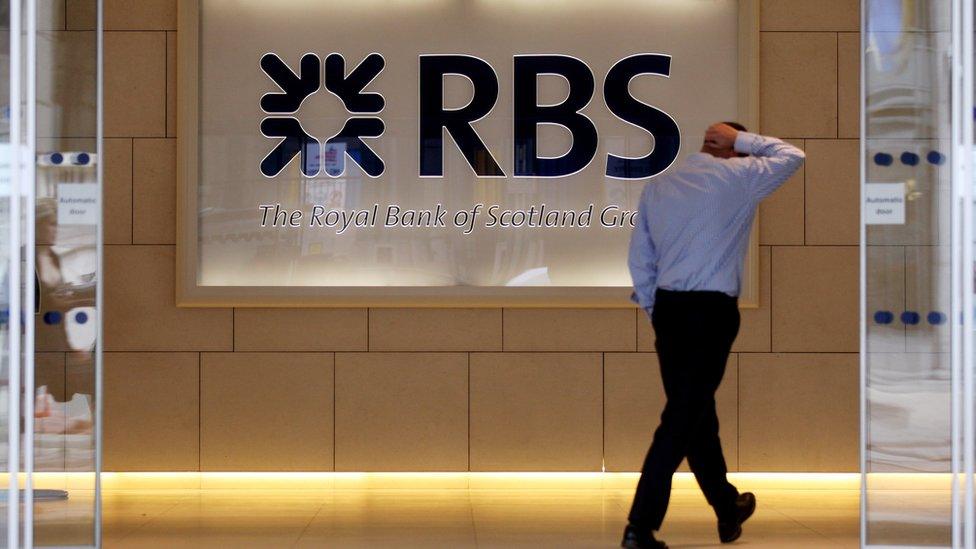
- Published28 April 2016
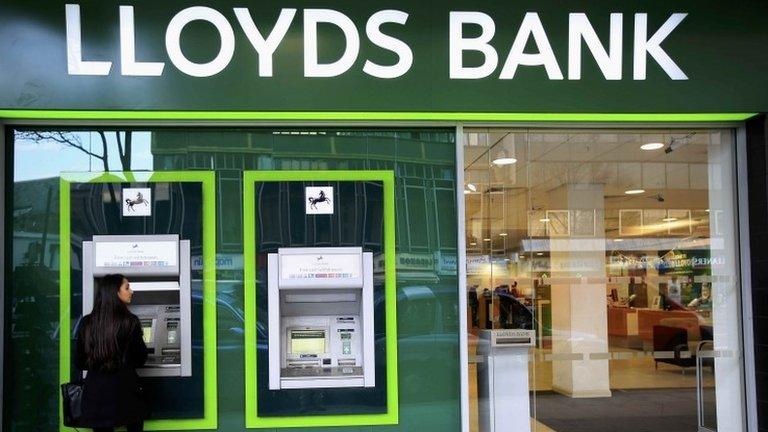
- Published27 April 2016
